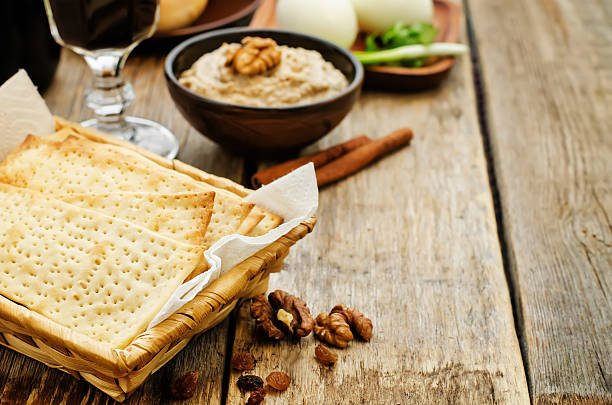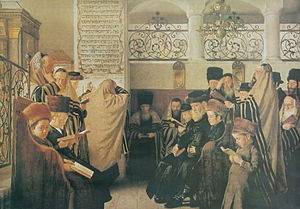Pesah Edition, Part 1
Dear friends,
Most practical laws and bits of information which can help you enjoy the Pesah experience in a stress-free and easy to accomplish manner were already included, I believe, in the Pesah Guide I sent out on Friday. In addition, I am going to conduct webinars from now until Pesah covering questions of Kashrut, laws of Yom Tov, and conducting the Seder. The webinars will be offered in Hebrew, English, and Spanish, will be transmitted live on my Facebook page, and will be later available on my YouTube channel and the Spreaker app. For information about the webinars scroll down.
Finally, I am always available at [email protected] for Pesah questions. Please mark your email as urgent if you have a time-sensitive issue.
Since the serious halakhic questions are covered in multiple ways as mentioned above, the daily Halakha blog will take a lighter approach and will presents snippets from the Shulhan Arukh which will make you go: “I can’t believe it’s written in the Shulhan Arukh!!!” I am not arguing that you should follow those quotes from the Shulhan Arukh, but rather to shed light, as we do in Bedikat Hametz, on the dark corners of the Shulhan Arukh, the work so many observant people believe they know well and follow.
Let us start with chapter 440 of Orah Haim, halakha 3:
אינו יהודי שנכנס לבית ישראל וחמצו בידו, אינו זקוק להוציאו, ואף על פי שהישראל רואה חמץ של אינו יהודי, אין בכך כלום. אבל אסור להעלותו עמו על השלחן ואפילו בהפסק מפה
[If] a non-Jew came into a Jew’s house with hametz in his hand, he [the Jew] does not need to get him out, and even though the Jew sees the Hametz of the non-Jew, it is insignificant. But it is forbidden to put it [the Hametz] with him [the Jew] on the table, even if tablecloth separates them.
So, the Shulhan Arukh says that the non-Jew can stay in your home with the Hametz, and even eat it in your home, but not at the same table you are eating on, but wait, there’s more. Rabbi Yaakov Reiser (Prague, 1670-1733) writes in his Hok Yaakov commentary (440:13):
…באין מכירין זה את זה מותר להעלותו עמו על השלחן, משום דגם על התערובת פירורין לא חיישינן. אלא שעל ידי שמכירין, אף שיפסקו מפה ויהיה היכר שלא יבא ישראל לאכול עם העכו”ם, מכל מקום העכו”ם יאכל משל ישראל, ועל ידי כך יתערבו הפירורין משל עכו”ם, מה שאין כן באין מכירין ליכא למיחש למידי
When they don’t know each other, it is allowed to eat together, because we are not concerned about crumbs getting mixed. Only that if they know each other, even though they make a separation by a tablecloth, and this will remind the Jew not to eat with the non-Jew, the non-Jew will eat from the Jew’s food and the crumbs will mix together. However, if they do not know each other, there is nothing to be concerned about.
How many of us will feel comfortable following this Halakha, which is written explicitly in Shulhan Arukh and its commentators, and will feel comfortable with a non-Jewish, unknown visitor, sitting at our table and eating his Pita while we eat Matzah? My guess is not many.









Parashat Behar – Weekday Torah Reading (Moroccan TeAmim)